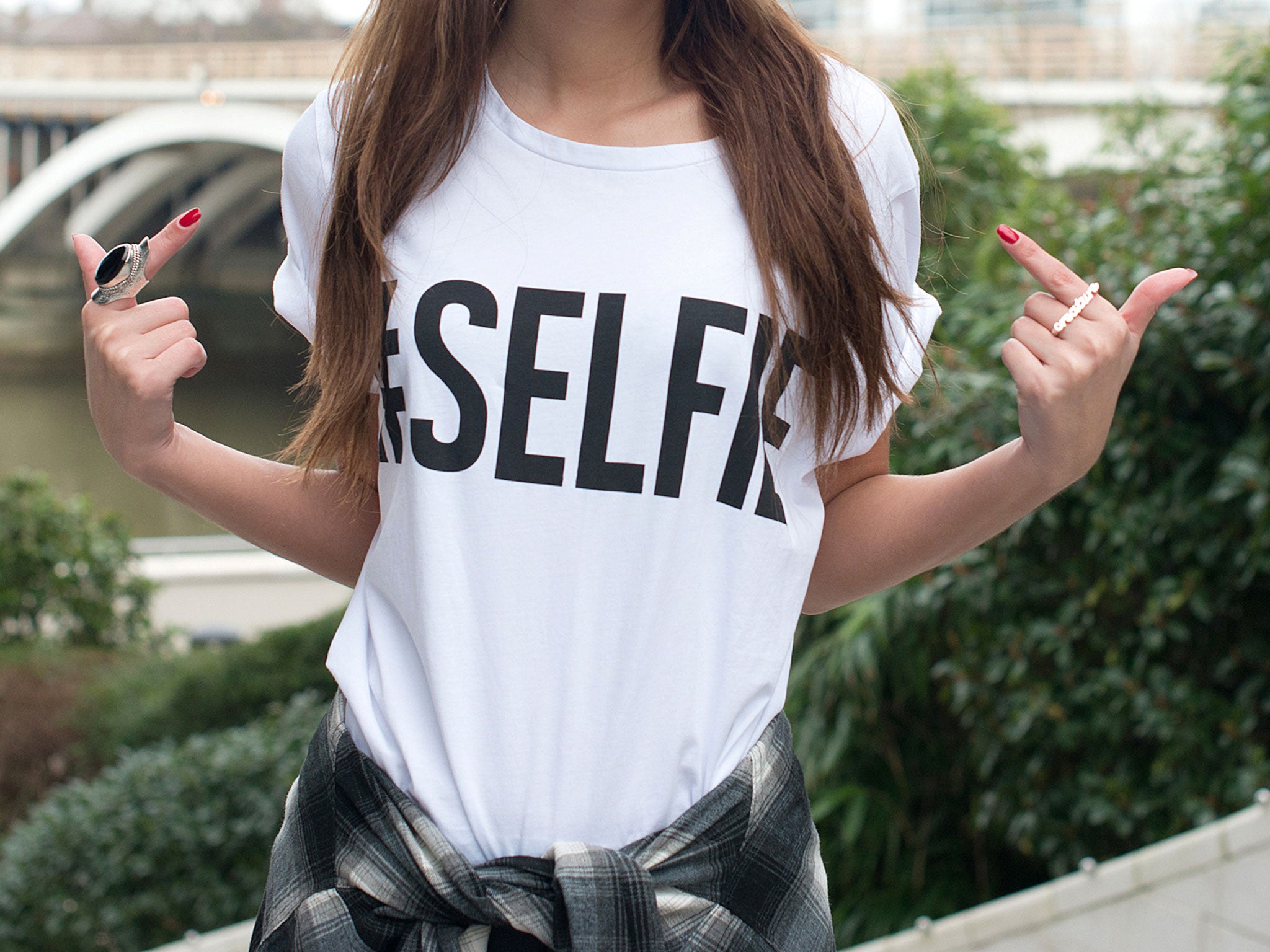People with disabilities share positive photos using #mentalhealthposi and #disabodyposi
"Because I'm not defined by my disorders"

Your support helps us to tell the story
From reproductive rights to climate change to Big Tech, The Independent is on the ground when the story is developing. Whether it's investigating the financials of Elon Musk's pro-Trump PAC or producing our latest documentary, 'The A Word', which shines a light on the American women fighting for reproductive rights, we know how important it is to parse out the facts from the messaging.
At such a critical moment in US history, we need reporters on the ground. Your donation allows us to keep sending journalists to speak to both sides of the story.
The Independent is trusted by Americans across the entire political spectrum. And unlike many other quality news outlets, we choose not to lock Americans out of our reporting and analysis with paywalls. We believe quality journalism should be available to everyone, paid for by those who can afford it.
Your support makes all the difference.People with mental health problems and physical disabilities are sharing photos of themselves on social media and declaring that their struggles are a part of them, but don’t define them.
Posting photos alongside the hashtags #disabodyposi and #mentalhealthposi, Twitter users have seized the platform to express how they feel about their conditions.
Some have expressed pride at how they have dealt with illness, while others have shown defiance against stereotypes and emphasised that they are more than their diagnosis.
Disability activist Isa Jennie first used #disabodyposi to discuss physical health in late November. Fellow disability activist Ophelia Brown then decided to encouarge her followers to tweet about their menta health using #mentalhealthposi.
"I started DisaBodyPosi and @bandaidknees [Ophelia Brown] started MentalHealthPosi after we saw a need for a space for mentally ill people to be celebrated," Jennie told The Independent.
The 26-year-old said the response to the hashtags has been "overwhelming".
"The rise of social media has allowed disabled people to be more visible and allowed us to tell our own stories."
"I never imagined so many people would respond the way they have, with messages of support. For me, the most touching responses are the ones from people who say they’re no longer hiding their disability when they have felt they had to try and hide their disability in the past because of the ableism and ableist beauty standards so prevalent in our society."
"The core message of #disabodyposi is that all bodies are worthy of being loved and appreciated. They don’t have to work perfectly or fit into ableist beauty standards to be valued and cherished. I hope that DisaBodyPosi continues to be a space for Disabled people to celebrate their bodies."
Since the end of November, thousands of people have used the hashtags to share selfies and raise awareness about a variety of physical and mental conditions.
One user also stressed that those who do not feel comfortable with sharing their stories are "no less strong".
The trend has found popularity days before the UN International Day of Persons with Disabilities, which has been observed since 1992.
Over a billion people, around 15 per cent of the world's population, have some form of disability, according to the World Health Organisation.
Join our commenting forum
Join thought-provoking conversations, follow other Independent readers and see their replies
Comments